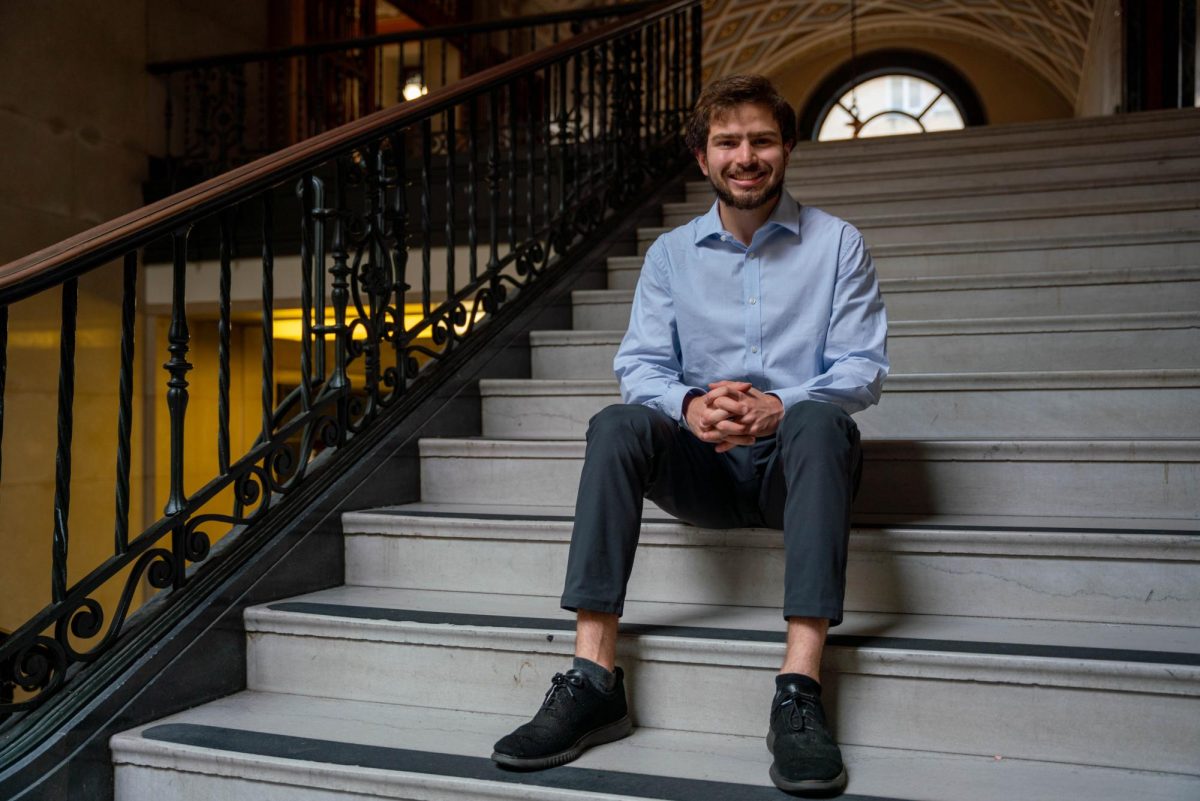The commodification of enslaved people did not die with them, history professor Daina Ramey Berry said at a signing for her latest novel Friday.
At a BookPeople signing, Berry read narratives from her latest book “The Price for Their Pound of Flesh”, where Berry discussed how human beings were given a monetary value to help her audience better understand slavery and its effects on U.S. social, political and economic systems.
Her novel is the first work to analyze slavery and the “value” of slaves through a cycle from birth to after death. Berry said many historical studies on slavery show slaves as victims rather than fighters.
“Awareness is first and primary, but I also think there needs to be lot more research done,” Berry said. “I just tipped the iceberg.”
Berry said there was more to the domestic slave trade than the buying and selling of enslaved African-Americans. Her research includes the cadaver trade, the buying and selling of body parts for medical purposes. It was not uncommon for dead slaves’ bodies and body parts to be sold to scientists and other medical professionals, Berry said.
“I look at the ways in which, even after death, that enslaved people were commodified,” Berry said.
Berry spent years researching American slave trades and how slaveholders treated human beings like property. She drew accounts of how slaves remembered and responded to such treatment by studying records that indicate sexual abuse by slaveholders and the soul values of the slaves.
Berkeley Adair, an eighth grader from St. Francis High School, said Berry’s book signing exposed her to different forms of enslavement.
“I learned a lot about how slaves were traded even after they died,” Adair said. “It’s hard to think about, but it’s important to acknowledge.”
Berry’s goal is to motivate researchers to dig deeper into African-American enslavement and how it shaped the racial history of America.
Public health senior Ambriale Davis said she doesn’t think many people consider the aftermath of slavery.
“The foundations of slavery are still heavily ingrained in our society,” Davis said.
Davis said some schools’ versions of “textbook slavery” do not accurately represent slavery or the struggles faced by African-Americans.
“Growing up, I felt like my schools portrayed slavery negatively but really only told it from the white perspective,” Davis said. “Textbook slavery has simply evolved into public institutions like jails and schools to disenfranchise blacks.”




















